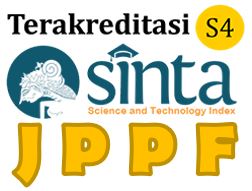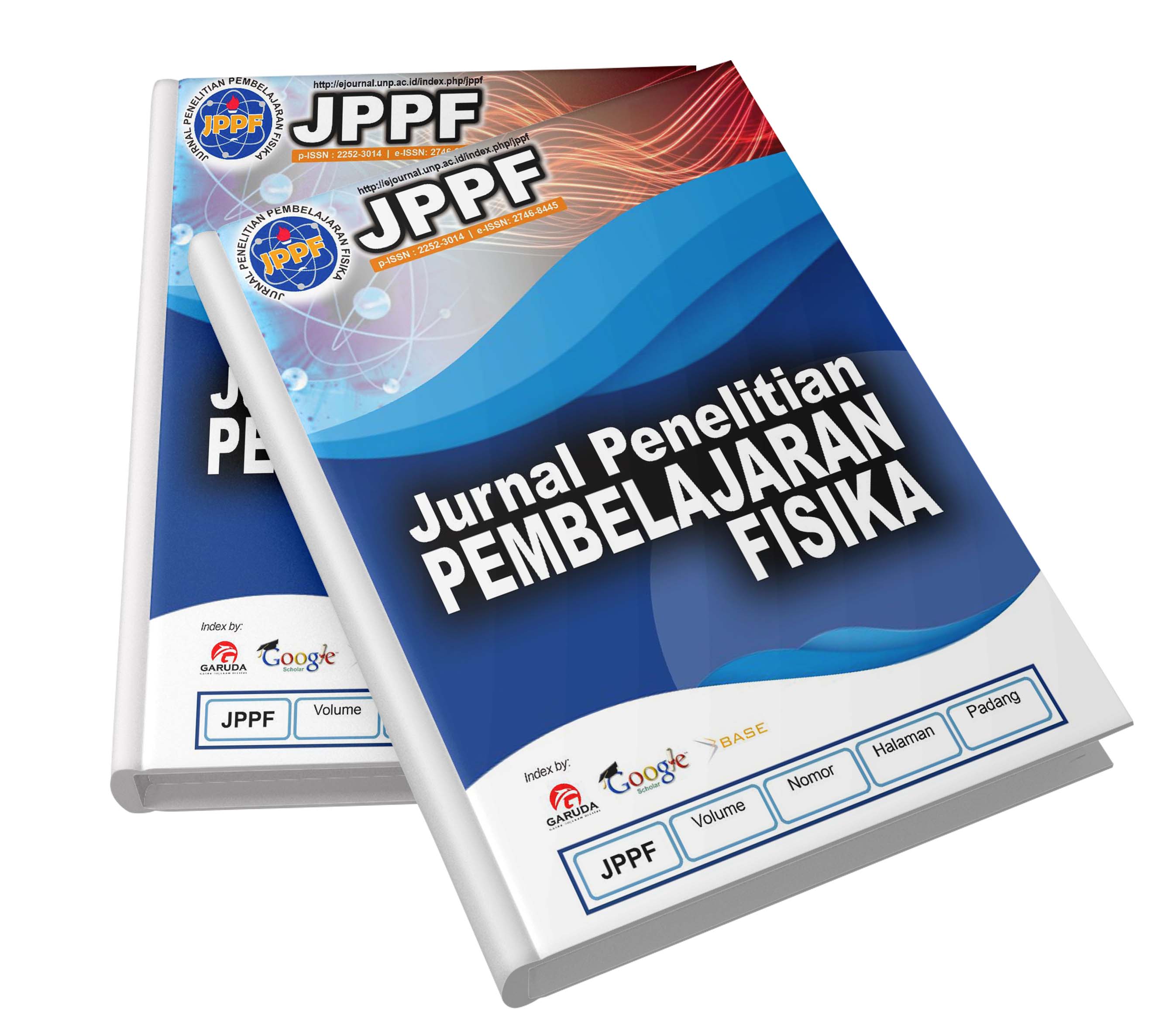Abstract
Distance learning (DL) is the implementation of learning in which students/students and teachers/lecturers are in different places. The main problem faced by DL is how to manage to learn so that its effectiveness equals or exceeds face-to-face learning. In this research, DL has been developed, whose lecture activities are synchronous and asynchronous with the Conceptual Problem Solving (CPS) approach; the learning stages include opening, topic discussion, problem discussion, presentation, and closing. DL is applied to thermodynamics in basic physics lectures at a university in Padang. This study uses a mixed methods method with an embedded experimental design. The research was conducted on students taking Basic Physics 1 courses in odd semesters 2021-2022 with 40 students. The data collected in this study were the results of the pretest and posttest and the results of interviews with students. Quantitative analysis was carried out by calculating the distribution and tendency of the data, t-test, effect size, and n-gain. At the same time, qualitative analysis is done by reducing the data to conclude. The results showed that the average value of students' problem-solving abilities increased, with N-Gain being in the high category and d-effect size in the strong category. This acquisition and the interviews that have been conducted prove that DL with the CPS approach can improve students' mastery of concepts and problem-solving abilities.




